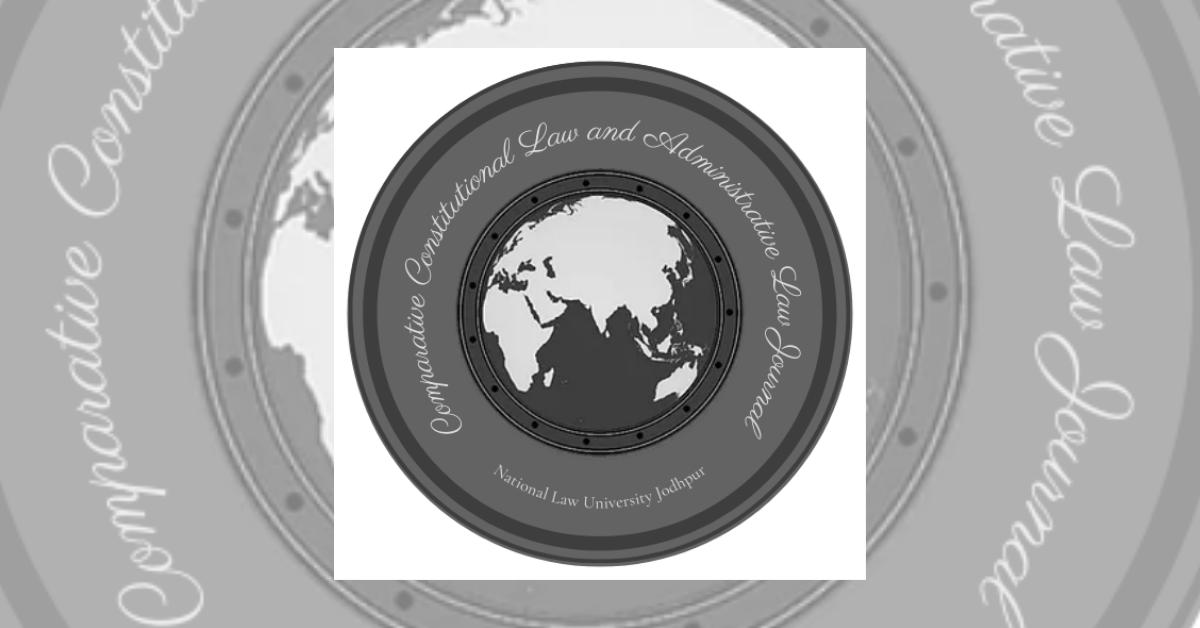Shaping Law. Shaping Gender – Experiences from India
Workshop to be held on 11-13 October 2018 in Berlin
Organised by the Chair for Public Law and Comparative Law, Humboldt University of Berlin, in association with Jindal Global Law School
In the backdrop of recent debates on maternity benefits, HIV/Aids prevention, sexual harassment in the workplace, incidents related to violence against women as well as discussions on the rights of LGBTIQ persons, there have been strong discussions in India as regards the processes and intricacies of how the law is made and transformed in order to accommodate questions of gender identity, but also the question on whether and how gender identities are regulated and shaped by the law.
India is a highly diverse country where a multiplicity of beliefs, customs, traditions and value systems coexist and where we find a high degree of legal pluralism in which different entities interact and different layers of law contradict, overlap, complement and influence each other. This diversity perpetuates the claiming of rights, the enforceability of laws, the functioning of dispute resolution systems and the interplay between formal and less formal institutions.
Through a gender lens, this workshop seeks to examine and engage with recent trends and contemporary challenges of India’s legal plurality. It will focus on the making and shaping of law through different entities, including parliaments, the judiciary, social movements and non-state actors. Drawing on recent developments, we will elaborate whether these entities work in concert or rather in opposition to each other and how they reflect on, regulate and shape gender identities. Some of these recent developments are
The Indian Parliament’s passing of a number of legislation including a new Surrogacy Act, an HIV/Aids Act, a reform of maternity benefits and a reform of India’s Criminal Law with respect to provisions related to rape. The Indian Supreme Court’s decisions about sexual rights with regard to Section 377 of the Indian Penal Code, its judgment recognising a “third gender”, and the recent judgment on the practice of tripe talaq in Muslim personal law. Social movements’ and civil society’s engagement with law reform and implementation of laws, including the efforts of the Indian women’s movement in the reform of India’s rape laws after the Delhi rape case in 2012 as well as the LBGTQI-movement’s protests against the Indian Supreme Court’s decision in the case Suresh Kumar Kaushal v. Naz Foundation and Muslim women’s groups’ activism vis-à-vis Muslim personal law. Non-state actors’ decision-making processes, the critique of these forums for being discriminatory against women and minorities (when thinking about Sharia courts or Khap Panchayats), but also their recognition as empowering institutions (when thinking about Nari Adalats or so called “women’s courts”).
The three day workshop will provide a platform for researchers from India and Europe to present their work and to exchange their thoughts on law and gender in India.
Eligibility: Researchers in law, gender studies, political and social sciences, area studies, anthropology or related fields as well as activists who deal with issues related to law and gender in India.
Selected candidates will be awarded a stipend to cover parts of their travel and accommodation costs.
Selection: Submissions will be reviewed by a selection committee composed of faculty members affiliated with the Chair for Public Law and Comparative Law at Humboldt University Berlin.
Submission Instructions: Please submit an abstract (500 words) that contains title, author, research question, methodology and your main argument to Tanja Herklotz (tanja.herklotz@rewi.hu-berlin.de) and Siddharth de Souza (siddharth.de.souza@rewi.hu-berlin.de) by February 24, 2018. Selected participants will be informed by March 20, 2018. If your paper is selected to be presented at the workshop, we will ask you to submit the final paper (7,000 -9,000 words) in electronic format by August 5, 2018.







Your point of view caught my eye and was very interesting. Thanks. I have a question for you.